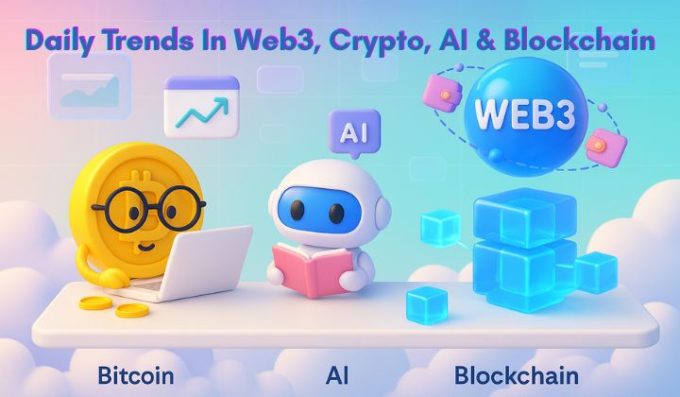Decentralized identity is an emerging concept that gives consumers back control of their identity through an identity wallet in which they collect and manage their personal information. It is a self-owned, independent identity that enables trusted data exchange. Decentralized identity puts consumers back in control of their personal information and reshapes privacy for digital transactions. It has many benefits for organizations, individuals, and developers. The current status of the decentralized identity ecosystem is still emerging, but it will be crucial to the future of web3.
What is a decentralized identity?
Decentralized identity is a rapidly-evolving concept that promises to revolutionize the way we manage our personal information online. At its core, decentralized identity is all about empowering individuals with full ownership and control over their data, allowing for trusted data exchange without the need for a centralized authority or third party.
Based on a trust framework for identity management, decentralized identity management is an approach to identity and access administration that allows people to generate, manage, and control their personally identifiable information (PII) without relying on a centralized registry, identity provider, or certification authority. PII is considered to be sensitive and private data that includes a wide range of personal information such as name, age, address, biometrics, citizenship, employment, credit card accounts, and credit history, among others.
In addition to PII, a decentralized digital identity encompasses data from online electronic devices, such as usernames, passwords, search history, buying history, and more. With a decentralized identity, individuals can control their own PII and provide only the information required for verification. This means that users can ensure their personal data’s security and privacy while enabling trusted data exchange.
Decentralized identity management supports an identity trust framework that fosters transparent and secure interactions between users, organizations, and things. Furthermore, by eliminating the need for a centralized third party, decentralized identity management allows for a more open and decentralized digital ecosystem that is more resilient and resistant to data breaches and cyber-attacks. Overall, decentralized identity is a promising development that has the potential to transform the way we approach identity and personal data management in the digital age.
Why does decentralized identity matter?
A decentralized identity is becoming increasingly relevant today, as it strives to provide individuals with official proof of identity while maintaining ownership and control over their identity securely and conveniently. In order to access essential services such as healthcare, banking, and education, citizens are often required to provide verifiable proof of existence. However, a considerable portion of the world’s population still lacks official proof of identity, as stated by the Worldbank. This leaves them in a vulnerable position, unable to exercise basic rights such as voting, opening a bank account, or owning property. The inability to obtain identification documents, therefore, restricts the freedom of these individuals.
Moreover, centralized identification systems have their own set of issues, as they tend to be insecure, fragmented, and exclusionary. Centralized identity databases are often prime targets for hackers, and we frequently hear about attacks on them. This can lead to millions of customer records being stolen from major retailers. Additionally, users with traditional forms of digital identity are still not wholly owned and controlled, and are usually unaware of the value their data generates. In centralized scenarios, PII is stored and managed by others, making it challenging for users to claim ownership of their identities.
However, decentralized digital identity provides a solution to these issues by allowing digital identity to be used across multiple platforms without sacrificing security or the user experience. In a decentralized identity framework, users only need an internet connection and a device to access their identity. Furthermore, distributed ledger technologies, such as blockchain, validate the existence of legitimate identities in a consistent, interoperable, and tamper-proof manner. This provides secure management and storage of PII, which can benefit organizations, users, developers, and Internet of Things (IoT) management systems. With a decentralized identity, individuals can regain control over their uniqueness while still being able to participate in essential services and activities that require verifiable proof of existence.
You need to login in order to Like














